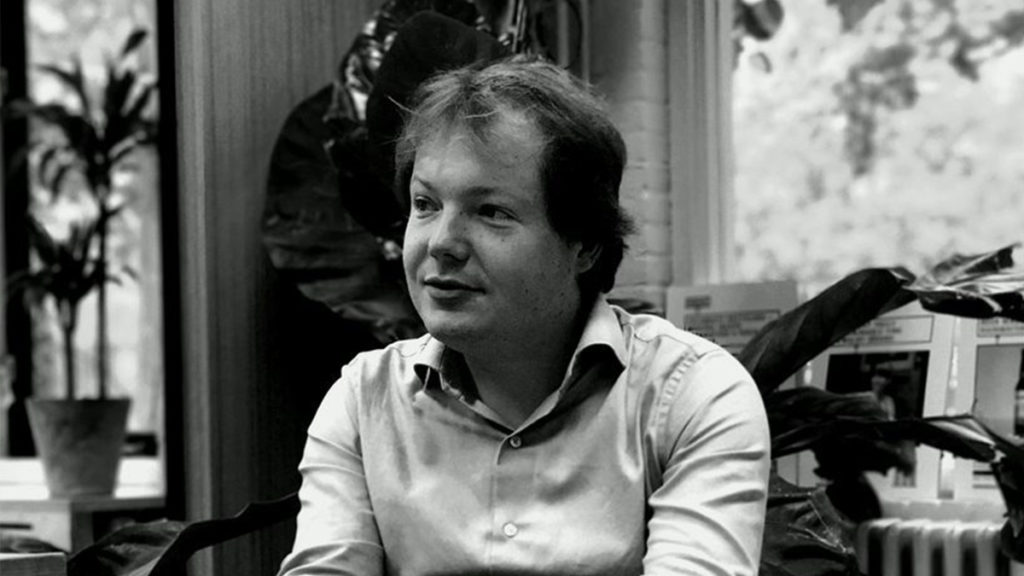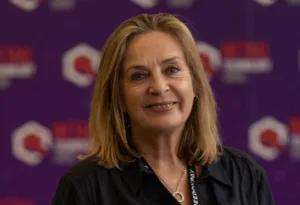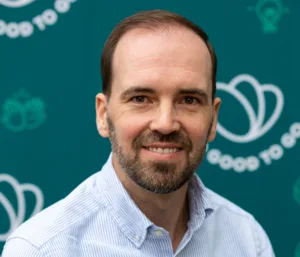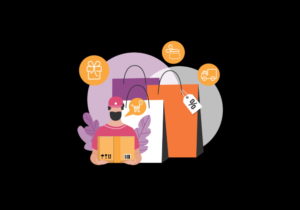Bas Van Kesteren heads up ecommerce for Reckitt Benkiser’s hygiene division across 27 markets including the UK, Europe, Australia, Turkey and Russia. The brands under his remit include Finish, Harpic, Cillit Bang, Airwich and Vanish.
He spoke to New Digital Age for a series of articles about ecommerce and the role of marketplaces, in association with Maze-One. He talks about the rise of Direct to Consumer, particularly via marketplaces, and how FMCG brands are “leapfrogging” in terms of online strategy, having lagged behind before.
How have your ecommerce sales developed, particularly during lockdown, and how will this shape future strategy?
It is not a bad time to be in hygiene as well as ecommerce. We are yet to see if there is a new normal or not. The hypothesis is people who weren’t online before now are, and you expect them to stick to the channel, but I have to see that happen – the truth will probably be halfway there.
What is the biggest opportunity in the next year in marketplaces?
There used to be just a few players, Amazon and Ocado in the UK, for example, but many big platforms are becoming ‘shoppable’ platforms. Facebook, Google and Instagram are all opening up, they are all becoming marketplaces and monetizable. This is a huge opportunity that will only grow. It’s certainly a huge opportunity for CPG/FMCG goods brands that have traditionally lagged behind other industries on ecommerce.
How are companies such as yours realising the opportunity online?
There’s definitely a leapfrog effect, both in terms of ecommerce but also other parts of my geography, we’re now starting to grow very quickly in Turkey, Russia and Poland and we can apply everything we did right or wrong in the UK, for example. Many of the FMCG companies took ecommerce seriously only five or ten years after, say, travel or telco companies. But being so late to the game we can actually cherry-pick all of the best practices.
The biggest challenge probably most CPG companies will have is the catalogue. The catalogue will historically have been built for the shelf, to go on a truck to a supermarket and placed in store. They are packaged differently and they are priced differently. The whole value chain is different. Everything needs to change when you are thinking online. People are showing different behaviours online and are naturally buying different goods, or in a different way.
How important is Amazon and what are the alternatives?
Amazon is hugely important, even though it only operates at the moment in 14 territories. As they open up into new ones we can see the growth potential, because it is so dominant. It’s why, when it does, we do tend to put a lot more effort into those regions because you know that Amazon will find a way to make it work. However, we also need to look at our other big platforms, such as Allegro in Poland. It is a matter of how much weight and effort we put into each.
What are the benefits of marketplaces over a brand’s own transactional site?
The biggest problem in DTC is often the cost of traffic, so for instance in the UK to make an acquisition the average price might be between 50 to 60 pounds. That’s an almost impossible price for CPG brands. The opportunity is in data strategy. What marketplaces offer is something of a middle way, you can get more data than from a supermarket and enjoy more sales than on your own platform.
There are some companies out there that can afford to run a DTC programme that might not show returns in five, six or seven years, but they are few and far between. Most others will instead be looking for a hybrid approach that brings in results over the shorter term as well.
How does a marketplace strategy meld into an overall marketing strategy?
There’s three things about marketing which are complex, that nobody has solved yet. First of all there is no such thing as marketing or sales, it’s all one big blob of work that needs to be done. In the old days you would have marketing, talk about brand equity and awareness, you would have sales, the bottom level stuff. It’s all integrated now which leads to a lot of complexities and a lot of assumptions or attributions you need to make to basically have some confidence in it. That?s hard, but solvable.
The second part is even harder within the role of marketing, there’s the classic above the line marketing, the TV campaigns and out of home ads and often they’re spending the same money on the same platforms. That’s super complex because they’re all fighting for the same budgets and each will argue why the other is better.
The third thing is just within the online performance marketing world, we’re also competing on the same platforms. It?s an ongoing struggle.
How has Covid-19 affected your strategy?
The strategy is roughly the same but the time-period is different. When I go into a job, within the first month you know what you want to do in the coming years. But because of Covid-19 that three-year roadmap becomes a one or two-year one. There is more urgency but the overall picture remains the same.












